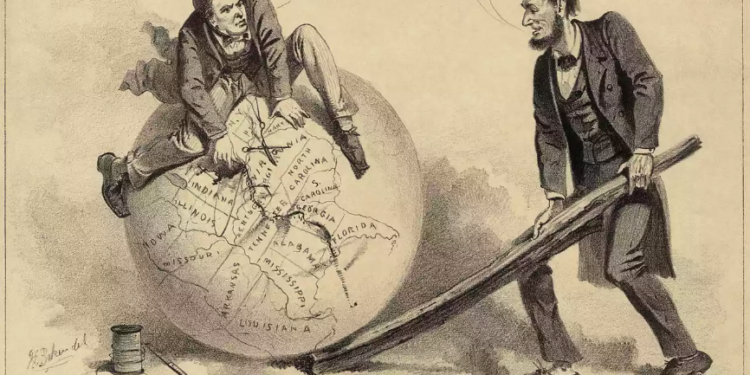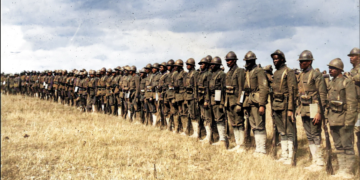Dec 24, 2024 Story by: Editor
The Fourteenth Amendment, ratified in 1868, is a pivotal addition to the U.S. Constitution that conferred citizenship and ensured equal civil and legal rights for African Americans and emancipated slaves following the Civil War. It encapsulates the principle that “all persons born or naturalized in the United States” are citizens, a landmark declaration of inclusion. The amendment comprises five sections, initially proposed separately in 1866 before being consolidated into a single document.
As part of the Reconstruction Amendments, the Fourteenth Amendment prohibits states from depriving individuals of “life, liberty, or property, without due process of law” or denying “equal protection under the law” within their jurisdiction. It replaced the three-fifths compromise, which had previously calculated representation in the House of Representatives by counting slaves as three-fifths of a person. Under the new amendment, representation was determined by “the whole number of persons in each state, excluding Indians not taxed.”
Additionally, it barred individuals who had supported the Confederacy from holding state or federal office unless Congress, by a two-thirds vote, lifted this restriction. The amendment further upheld the validity of the national debt while absolving both federal and state governments from responsibility for debts incurred by the Confederate States of America. The final section granted Congress the authority to enforce its provisions through appropriate legislation.
Full Text of the Amendment:
“All persons born or naturalized in the United States, and subject to the jurisdiction thereof, are citizens of the United States and of the state wherein they reside. No state shall make or enforce any law which shall abridge the privileges or immunities of citizens of the United States; nor shall any state deprive any person of life, liberty, or property, without due process of law; nor deny to any person within its jurisdiction the equal protection of the laws.”
The amendment also outlined rules for representation:
“Representatives shall be apportioned among the several states according to their respective numbers, counting the whole number of persons in each state, excluding Indians not taxed. But when the right to vote…is denied to any of the male inhabitants…being twenty-one years of age…except for participation in rebellion, or other crime, the basis of representation therein shall be reduced…”
It restricted former Confederates from holding office:
“No person shall be a Senator or Representative in Congress…who, having previously taken an oath…to support the Constitution…shall have engaged in insurrection or rebellion…”
Finally, it affirmed the national debt and nullified Confederate debts:
“The validity of the public debt of the United States…shall not be questioned. But neither the United States nor any state shall assume or pay any debt…incurred in aid of insurrection or rebellion…”
Prominent figures behind the amendment included Rep. John A. Bingham (Ohio), Sen. Jacob Howard (Michigan), Rep. Henry Deming (Connecticut), Sen. Benjamin G. Brown (Missouri), and Rep. Thaddeus Stevens (Pennsylvania). The proposal was submitted to the states on June 16, 1866, and after ratification by the necessary majority, it took effect on July 28, 1868.
Despite its transformative intent, the Fourteenth Amendment’s guarantees were undermined for decades by post-Reconstruction black codes, Jim Crow laws, and the U.S. Supreme Court’s 1896 decision in Plessy v. Ferguson, which endorsed the “separate but equal” doctrine. Source: Britannia

















